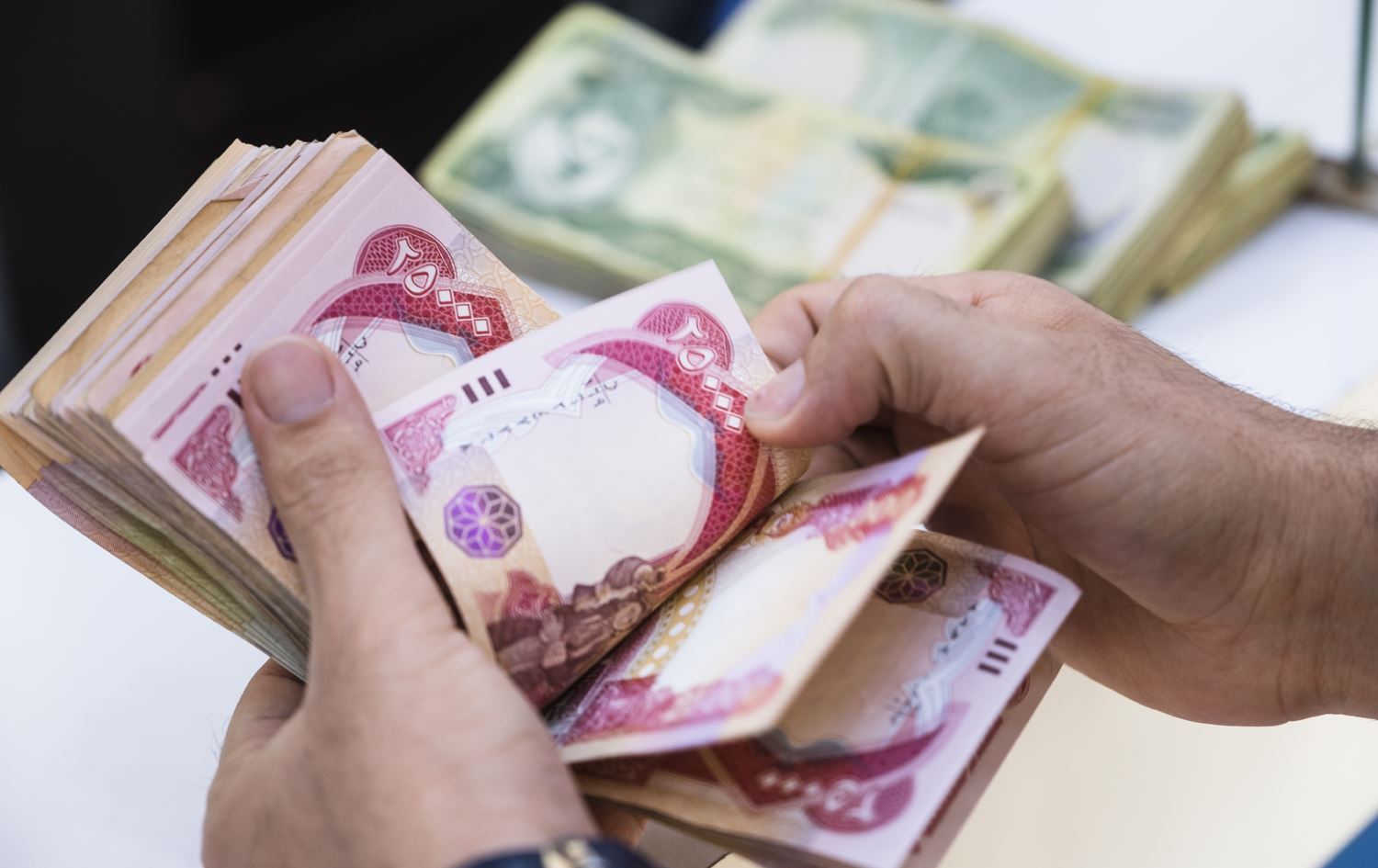Currency Reform in Iraq and its Impact on the Dinar

In the ever-evolving landscape of global economics, few developments carry the weight and significance of currency reform within a nation. Such reforms often serve as a pivotal moment, signaling shifts in economic policies, stability, and sometimes even national identity. One such instance that has garnered attention in recent times is the currency reform in Iraq and its consequential impact on the Iraqi Dinar.
Iraq, a country rich in history and resources, has faced its fair share of economic challenges over the years. From the aftermath of war to political instability, the Iraqi economy has been on a rollercoaster ride, reflected notably in the value of its currency, the Dinar. However, amidst these challenges, there arises a glimmer of hope with the initiation of currency reform.
The central aim of currency reform in Iraq is to stabilize the economy, combat inflation, and bolster investor confidence. This entails a comprehensive overhaul of the monetary system, including the introduction of new currency notes and coins, revising exchange rates, and implementing monetary policies conducive to economic growth.
One of the primary drivers behind currency reform is to address the issue of inflation. Inflation erodes the purchasing power of a currency, leading to a decrease in its value. Iraq has grappled with high inflation rates in the past, which have had adverse effects on its economy and citizens. By reforming the currency, authorities seek to rein in inflationary pressures and restore stability to the Dinar.
Moreover, currency reform is instrumental in attracting foreign investment. A stable and reliable currency is a prerequisite for foreign investors looking to engage in trade or investment activities within a country. By demonstrating a commitment to monetary stability through reform, Iraq aims to instill confidence among investors, thereby stimulating economic growth and development.
The impact of currency reform on the Dinar extends beyond domestic economic considerations to encompass broader geopolitical implications. A strengthened Dinar enhances Iraq's standing in the international arena, positioning it as a more credible and reliable partner for global trade and cooperation. This, in turn, can foster diplomatic relations and open doors to new opportunities on the global stage.
However, the path to currency reform is not without its challenges and complexities. Implementation requires meticulous planning, coordination, and effective communication to mitigate potential disruptions and instill confidence among the populace. Moreover, political stability and institutional capacity are crucial for the success of reform efforts, as they underpin the credibility of monetary policies and regulatory frameworks.
Furthermore, currency reform alone may not suffice to address all of Iraq's economic woes. Structural reforms, including improvements in governance, transparency, and diversification of the economy, are equally indispensable for long-term prosperity. Currency reform should thus be viewed as part of a broader strategy aimed at fostering sustainable economic growth and development in Iraq.
Currency reform in Iraq heralds a new chapter in the nation's economic trajectory, with the potential to reshape its fortunes and restore confidence in the Dinar. While challenges abound, the benefits of reform, including inflation control, attracting foreign investment, and enhancing geopolitical standing, outweigh the risks. As Iraq embarks on this transformative journey, the world watches with anticipation, hopeful for a brighter future for the Iraqi economy and its people.